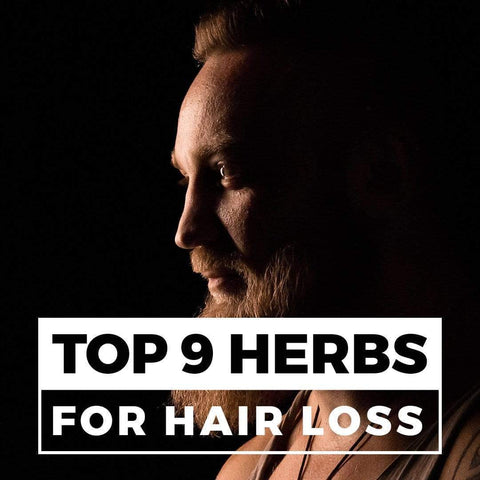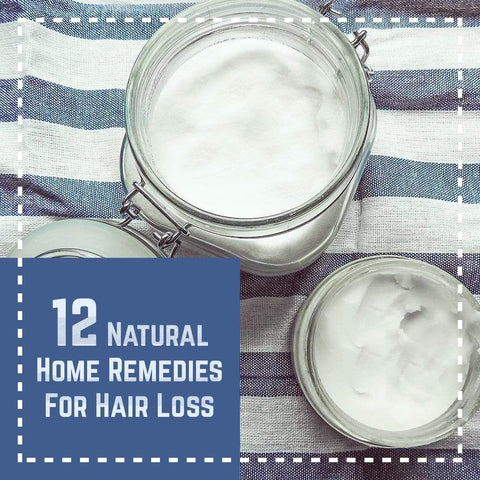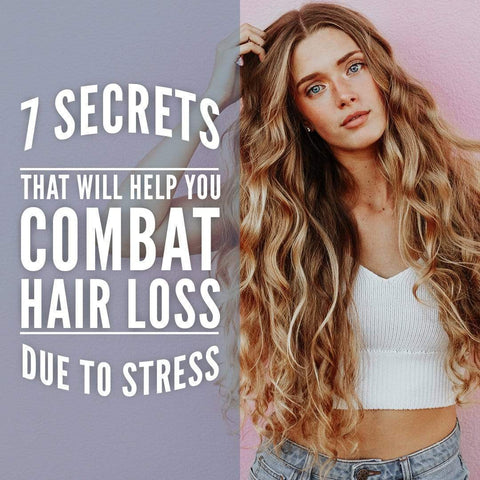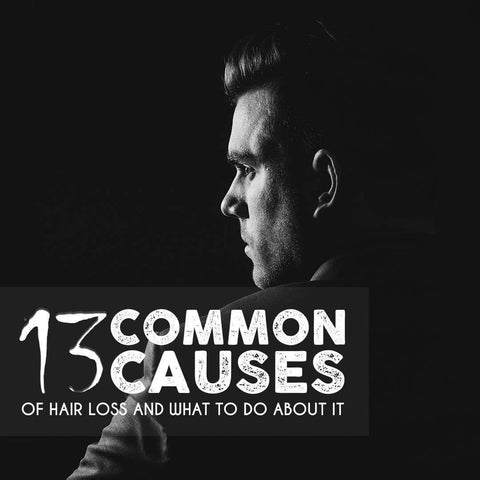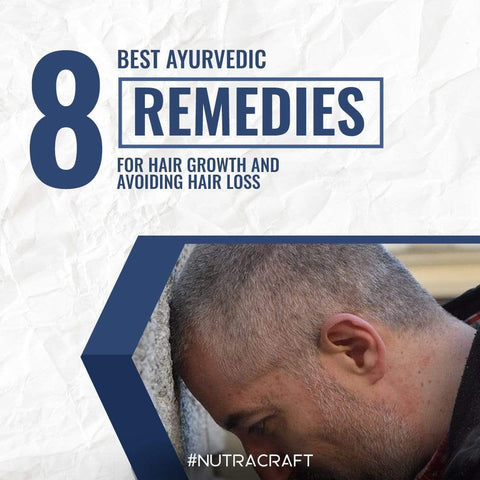
Stress might be causing your beautiful locks to fall out.
People have long recognized the connection between oppressive stress and hair loss. Many of us have witnessed the destructive changes to the health of our hair (and skin) when we have undergone extremely stressful events.
Scientists have recently uncovered possible reasons for this hair loss.
Researchers describe numerous cases found in scientific literature that indicate stress may trigger hair loss 1.
Key Point
Research has indicated that activation of the stress response may cause the death of hair follicles and stop the replication of cells that generate the proteins that make up hair
1. Numerous indications show that, under stress, the immune system, can attack your hair and the cells that produce hair 1. We don’t want that to happen, so let’s look at ways to reduce stress!
Healthy Ways to Minimize Hair-Destroying Stress
1. Get Regular Exercise

Many people use exercise to de-stress. The anti-anxiety and antidepressant effects of exercise have long been witnessed in research, and scientists describe exercise as promoting an “enduring resilience to stress” 2. Exercise also “protects against harmful consequences of stress,” researchers assert 2.
Scientists have noted many ways in which exercise chills you out and makes you feel happier. Exercise is believed to stimulate the growth and maintenance of brain neurons (which has positive cognitive effects and fights depression)3.
Exercise may boost numerous feel-good neurotransmitters, reduce inflammation (which stress promotes), and increase energy production in the body to help you be more resilient against stress 4.
Exclusive Bonus! Download the FREE report ‘12 Top Foods For a Healthy, Thick Head of Hair’ by clicking here.
2. Meditation

Meditation is one way to halt stress before it even begins. When a person stops activity, closes his eyes, and focuses on his breathing, a greater awareness is brought to his own thoughts. The meditator realizes that we often sabotage ourselves with unnecessary stressful thoughts.
As demonstrated in one study on highly-pressured medical students, meditation has been shown to lower stress hormones like cortisol 5. Meditation significantly decreases self-perceived stress in numerous studies and even appears to positively affect brain structure, promoting healthy neuronal maintenance and growth* 6.
3. Laugh More

There are plentiful of anecdotal cases about doctors telling their patients to laugh more as a cure for what ails them, and many claim that laughing does indeed make them feel better.
This is because laughing has been evidenced to alter hormone levels* 7.
One study measured decreased levels of the stress hormones cortisol and epinephrine after “mirthful laughter”
One study measured decreased levels of the stress hormones cortisol and epinephrine after “mirthful laughter” and scientists assert the result has “implications for the reversal of the neuroendocrine and classical stress hormone response” 7.
This decrease in stress hormones may also favorably modulate the immune system, perhaps positively affecting the reactivity of immune cells toward hair follicles 8.
4. Have a Cup of Green or Black Tea

Tea is one of the most popular beverages in the world, and many drink it to relax.
Black tea lowered post-stress cortisol and increased feelings of “subjective relaxation” in one study and lower post-exercise cortisol in another 9,10. And green tea is associated “significantly” with less “psychological distress” and also associated with less depressive symptoms 11,12.
Green tea may also protect and promote hair growth* 4.
5. Tulsi

Used in ancient Indian medicine, this herb has a reputation for chilling people out (along with promoting good health in a million different ways). It might reduce cortisol and researchers describe tulsi as having “anxiolytic [anti-anxiety] and anti-depressant properties” 13.
Tulsi is considered an adaptogen, meaning that is thought to balance out imbalances in the body, including an overactive stress response*.
6. Ashwagandha

This is another traditional Indian herb that has shown impressive anti-stress effects in studies*. It “significantly” reduced cortisol levels in one human study 15.
In the opinion of researchers, ashwagandha “enhances the body's resilience to stress” possibly by strengthening adrenal function and lowering stress hormones* 16.
In one incredible case study, a woman taking ashwagandha for months had significant decreases in stress hormones, improved adrenal health, and a “noticeable reduction in scalp hair loss” *17.
It also has a “GABA mimetic effect” - GABA is calming neurotransmitter that is targeted by some anti-anxiety drugs 16.
In one incredible case study, a woman taking ashwagandha for months had significant decreases in stress hormones, improved adrenal health, and a “noticeable reduction in scalp hair loss” *17.
7. Get Some Sleep

Whether it’s a good night’s rest or a nap, getting adequate sleep is important for staying de-stressed and having healthy hair growth.
Researchers say that lack of sleep causes “lowering of protein synthesis” like protein in hair 18. Heightened stress hormones along with lowered growth hormone are thought to play a role in reduced hair growth during sleep deprivation 18.
Tired of worrying about thinning hair?
Do you want to see more hair on your head than down your shower drain or on your hairbrush than on your head? Concerned about hair loss or thinning hair?
You don’t have to suffer in silence. Fight back by giving your hair and scalp the nutrition it craves -- naturally!
Most hair loss remedies concentrate on the hair itself, but true nutrition comes from within!
Discover a dozen different foods that not only help block DHT, the underlying cause of hair growth, but also help ensure that every strand of new hair you grow is thicker, stronger and more luxurious than before.





